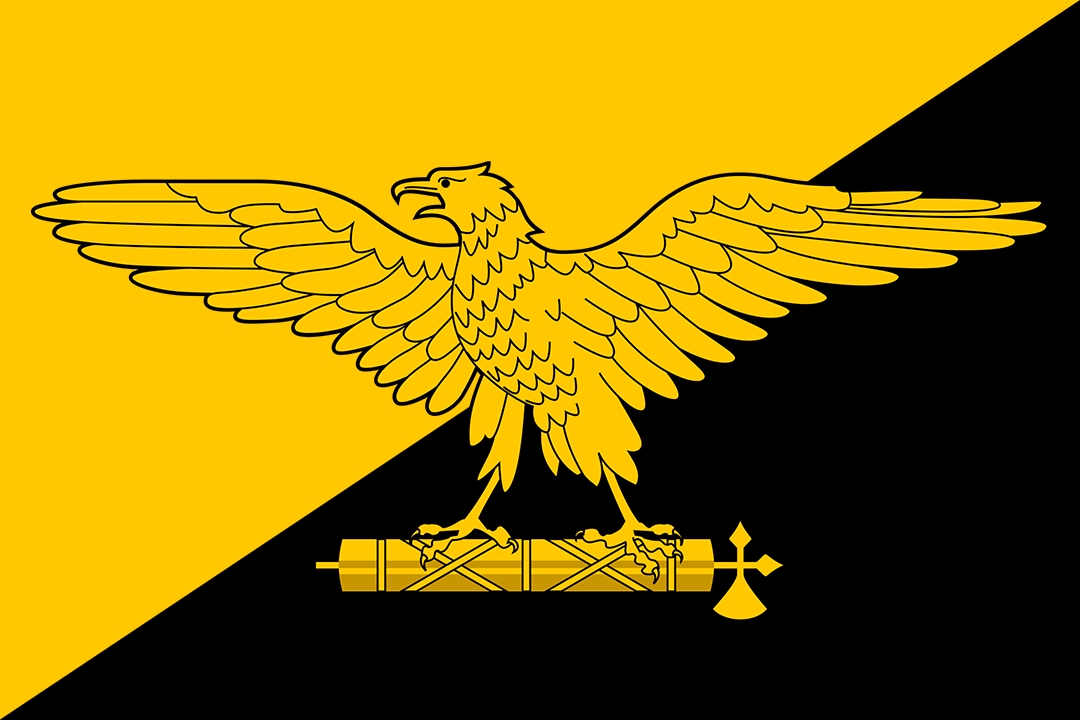As hinted at by its historical development, libertarianism is particularly appealing to white middle class men. It seems fairly obvious why; this group is perhaps the most privileged in our society, and sees little reason for a change in the societal order in place.
Similarly, the alt-right and all levels of far-right politics hold exactly the same goal, though admittedly they aim to achieve them through different means. But when the advantages start to erode, that’s when they are forced to turn to more reactionary, authoritarian ideologies.
Immigration is an ideal example for this, since under a libertarian ideology, immigration should not be restricted in any way. Borders are one of the major constructs of the state, and we shouldn’t be restricting the right of people to choose where they live.
However, if you actually talk to libertarians, very often you’ll find that they are far more against immigration than their supposed ideology would suggest. The same rhetoric around the ‘undeserving poor’ is used both towards people on welfare, and immigrants who are apparently coming to live on welfare. This is also due to the idea that immigrants will vote for left-wing parties more (which they do), and then lead to a stronger welfare state.
Time and time again, libertarians have shown to be willing to abandon what they would claim as their core principles to uphold the societal order, which places them at the top.
As hinted at by its historical development, libertarianism is particularly appealing to white middle class men. It seems fairly obvious why; this group is perhaps the most privileged in our society, and sees little reason for a change in the societal order in place.
Ok so I understand the critique that libertarianism can be appealing to privileged people due to the focus on property rights. But libertarianism being status quo and appealing to people who want little change in societal order? You kidding me?
- Legalizing all drugs
- Legalizing sex work
- Legal gay marriage (decades before the democrats hopped on that train)
- The right to transition/do what you want to your body
- Demilitarizing and reforming the police force to investigate actual crimes, property and physical.
- Not getting involved in wars
- No drone strikes either, let the weddings be
- Reducing unneeded market hurdles imposed via licensing laws (did you know some states require licenses for psychics?)
- Preventing regulatory capture (yes Zuck, I’m sure your desire for social media regulation is entirely altruistic and not how you are going to prevent competition)
- Yimby zoning reform
Are some of the things that left and right leaning libertarians generally can agree on. Notice that most are decidedly not mainstream and would cause massive changes in societal order.
Then the author goes and says:
It’s not just anger that draws people to libertarianism, it’s contrarianism. Libertarianism has traditionally been a way for young middle-class teenagers to be nonconforming to both the left and right wings. They get to argue with their peers about social justice, while rebelling against their parents by advocating cannabis legalisation.
Ok, so libertarianism is both a way to maintain the status quo for rich white dudes, and also a way for non-conforming teenagers to rebel? Pick a narrative Mr. author. I will say this is more accurate than the first characterization though.
Mr. Author is accurate in describing a certain group of people who called themselves libertarians because they were angry and wanted to be contrarian, then they left and became alt-right. However, these people are not a fair representation of libertarians, especially given they literally aren’t libertarian anymore. If a libertarian wants to critique social justice over U.S. war policy, I question their commitment. I know I’m no scotsmanning a bit here, but definitions are important. Sure a libertarian can hate aspects of social justice, but libertarianism itself has no opinion on it.
*Dick Spencer
Ftfy


